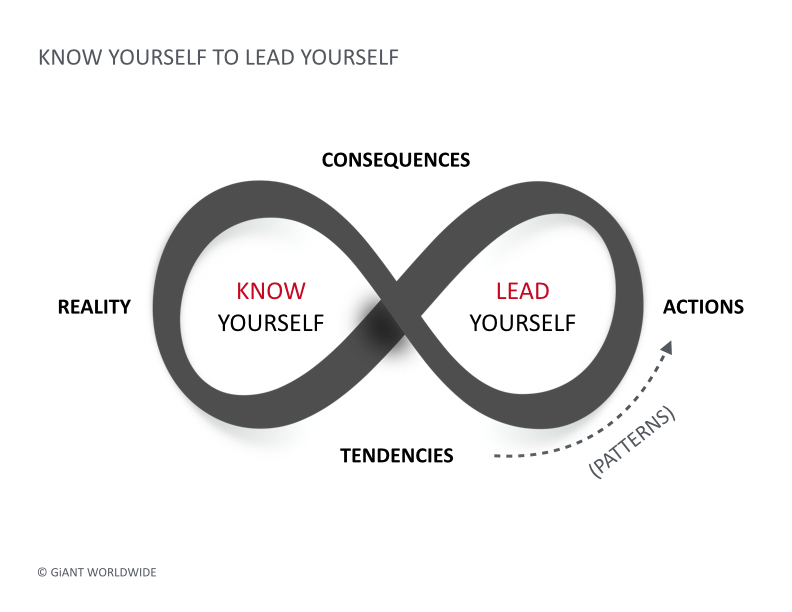Dear Pastors and Ministry Leaders:
What is it like to be on the other side of you?
I’ll never forget the first time I heard that question from a leadership consultant. He used the illustration of broccoli in your teeth—everyone else knows it’s there, but you don’t see it until you look in the mirror.

I’ve spent the better part of the last 25 years learning about leadership. I’ve read many books, attended many conferences and taken many courses. Most of what I have learned, however, has been on the ground—learning through experience—allowing others to speak into my life while sharing successes and failures with others. Unfortunately for some who have worked with me, you know I continue to learn from my mistakes.
I don’t like making mistakes, but I know they are part of the learning curve of moving from unconscious incompetence to unconscious competence—moving from not knowing what you don’t know to leading almost instinctively. While we all like to learn from our mistakes, none of us likes it when our mistakes cause confusion, offense, or hurt to others. My prayer is that I never graduate from the school of self-awareness. My goal, and the goal of each of the US Regional Directors is to know ourselves better in order to lead more effectively.
When the consultant asked the question, “What is it like to be on the other side of you?” I had to stop and think. I’d never asked myself that question or even considered it. He continued by talking about tendencies we all have that lead to patterns of behavior (good and bad), which determine the actions we take. These actions then lead to consequences—again, good and bad—that shape our reality. Here’s a graphic that illustrates the point:

Let me give you an example of how this works. For years I’ve practiced what is called autobiographical listening. You are telling me a story about how you broke your leg, and in my effort to show I can relate to your story, as soon as you finish, I share a story about how I broke my leg in three places and it took months to heal. This tendency toward autobiographical listening had become a pattern in my life, which led to an action of interrupting the person speaking and/or failing to ask follow-up questions.
As a result of these tendencies, you quickly conclude that I am more concerned about sharing my story than about listening to yours. You can see how this could lead to a negative conclusion: “Rick doesn’t care about me; he is only interested in himself.” As a result, you share less and withdraw. This changes my reality: “Hey, I’m a friendly guy, why are people withdrawing? Perhaps I need to be more open, share more about myself so others can see I really do relate to them.” And the sequence continues.
Once I was made aware of the broccoli in my teeth, I learned to start asking follow-up questions and to not share my stories unless asked to do so. When I do this, you begin to conclude I’m interested in you. This action leads to positive consequences and a healthy reality. The infinity circle in the graphic above makes the point that we never graduate from the school of growing self-awareness.
What is the broccoli in your teeth? Are you willing to ask those you work with? Those you lead? A word of caution: before you point out the broccoli in someone else’s teeth, either wait until you are asked, or until you ask the important question, “May I raise a challenge for you?” If the answer is in the affirmative, you know the person wants to grow.
What kind of leader are you? Are you a healthy leader? Do you want to become a healthy leader? Before you can effectively lead others, you need to be a healthy leader yourself. A follow up question would be this: is the congregation you lead team-based and pastor-led, or is it pastor-led and team-based? There is a difference (click here to read an article in this issue describing the difference).
In GCI we believe that healthy ministry is Team Based Pastor Led. This is practiced at the top levels of our denomination and it is our goal that our congregations will practice a team-based, pastor-led form of ministry. GCI President Greg Williams has been working with Church Multiplications Ministries National Coordinator Heber Ticas, the U.S. Regional Directors, and the GCI Media team to find the most effective means of sharing what team-based, pastor-led ministry looks like. In this issue of Equipper, we share illustrations to help make our focus as clear as we can. We will be unpacking these illustrations in the year ahead. We have also included in this issue an article that describes the three venues of ministry that we believe should be the primary focus of a team-based, pastor-led congregation.
This issue of Equipper provides a brief outline of where we’re headed in 2019. I hope you enjoy the journey as we move toward our vision of healthy church where each congregation becomes the healthiest expression of church that it can be.
Praying for Healthy Leadership,
Rick Shallenberger
GCI Equipper Editor-Publisher and US Regional Director




Excellent article. An excellent start to a New Year for all of us who need to continue to develop our leadership knowledge, skills, and presence.
Team based, pastor led leadership. Bravo! I very much look forward to across the board full implementation. This leadership focus will release enormous energy, maximize individual growth, and acknowledge congregational gifting.
“It is literally true that you can succeed best and quickest by helping others to succeed.” – Napolean Hill
Healthy leadership ,starts in the home and everyday life .
Very helpful insightful and motivating article. Thank you.
Thank you Rick! I greatly appreciate our leadership “walking” and not just “talking” this model. Life if full of models at every turn, but one that can be effectively demonstrated is one worthy of following, AND passing along!